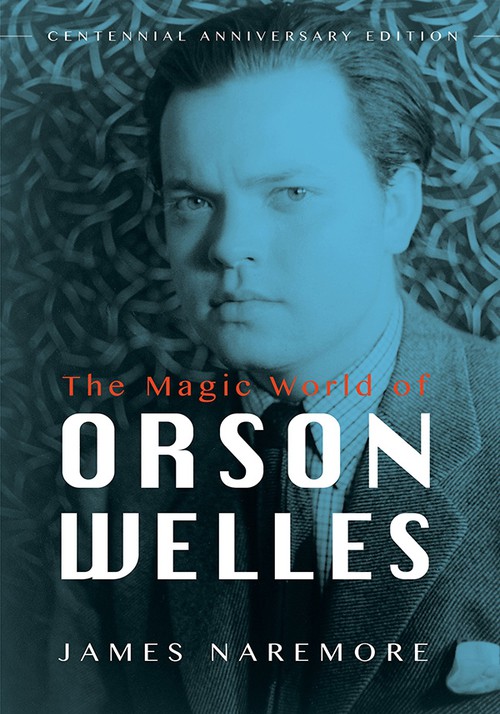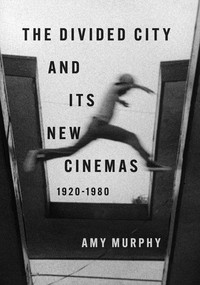
The Magic World of Orson Welles
Centennial Anniversary Edition
The classic study on the director of Citizen Kane and Touch of Evil, in an updated, revised edition
Cloth – $125
978-0-252-03977-5
Paper – $22
978-0-252-08131-6
eBook – $14.95
978-0-252-09787-4
Publication Date
Cloth: 06/08/2015
About the Book
Prodigy. Iconoclast. Genius. Exile. Orson Welles remains one of the most discussed figures in cinematic history. In the centenary year of Welles's birth, James Naremore presents a revised third edition of this incomparable study, including a new section on the unfinished film The Other Side of the Wind. Naremore analyzes the political and psychological implications of the films, Welles's idiosyncratic style, and the biographical details--both playful and vexing--that impacted each work. Itself a historic film study, The Magic World of Orson Welles unlocks the soaring art and quixotic methods of a master.About the Author
James Naremore is Chancellors' Professor Emeritus at Indiana University. His books include On Kubrick, The Films of Vincente Minnelli, More than Night: Film Noir in Its Contexts, Acting in the Cinema, Sweet Smell of Success, and An Invention without a Future: Essays on CinemaReviews
"The Magic of Orson Welles remains one of the important works that notes the frisson the world experienced with him."--afterimageBlurbs
"The most perceptive study of Welles's art."--Andrew Sarris
"Naremore's book, with its wealth of background and close commentary, is certainly the best study of Welles."--Tag Gallagher, Film Comment
"Naremore is not simply pandering to the movie buff's passion for unconsidered and inconsiderable trifles, but revealing that it's possible to go on where most Wellesian researchers have stopped."--Sight and Sound
"It may, along with a small handful of other books, help to change the standards of scholarship and critical sophistication we apply to writing on film. It is patient, intelligent, scrupulously researched, and yet it is never solemn. Absolutely compelling on the more technical aspects of Welles's films."--Michael Wood, Washington Post




